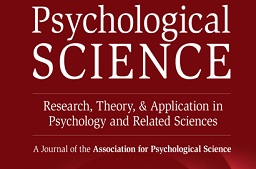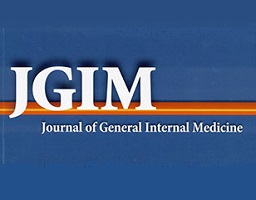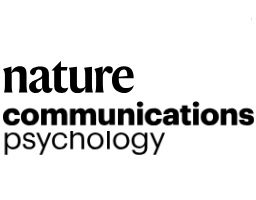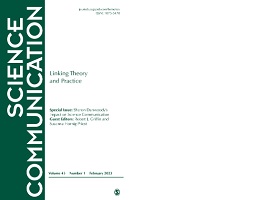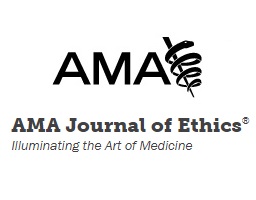Abstract
Professionals face conflicts of interest when they have a personal interest in giving biased advice. Mandatory disclosure—informing consumers of the conflict—is a widely adopted strategy in numerous professions, such as medicine, finance, and accounting. Prior research has shown, however, that such disclosures have little impact on consumer behavior, and can backfire by leading advisors to give even more biased advice. We present results from three experiments with real monetary stakes. These results show that, although disclosure has generally been found to be ineffective for dealing with unavoidable conflicts of interest, it can be beneficial when providers have the ability to avoid conflicts. Mandatory and voluntary disclosure can deter advisors from accepting conflicts of interest so that they have nothing to disclose except the absence of conflicts. We propose that people are averse to being viewed as biased, and that policies designed to activate reputational and ethical concerns will motivate advisors to avoid conflicts of interest.
